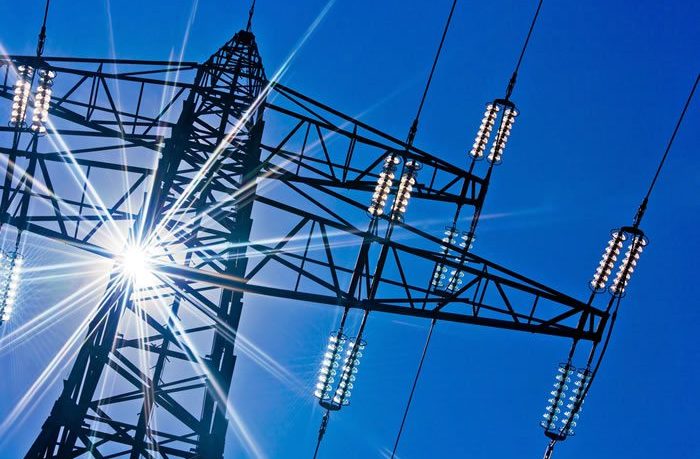- In June, Eskom’s general manager for operations enablement, Velaphi Ntuli, announced that new rules will apply for grid capacity allocation in the country.
- The new ‘Interim Grid Capacity Allocation Rules’ are aimed at addressing levelling the playing fields between independent power producer (IPP) projects participating in the country’s Renewable Energy Independent Power Producer Programme (REIPPPP) and private sector IPP projects participating in distributed generation which includes wheeling.
- Both sectors are currently competing for limited grid capacity in South Africa.
Under the old system REIPPPP project bidders are not allowed to secure feed in capacity until they are awarded preferred bidder status. The grid access problem was highlighted by the outcome of REIPPPP Bid Window 6, where 23 wind projects totalling over 3.6GW of capacity were set aside because the grid access capacity allocation had already been taken up by other private off-taker projects in those project locations. Read more
In response, wind project developer, G7 Renewable Energies, turned to the courts to challenge the new Interim Grid Capacity Allocation Rules set by Eskom citing that they are unlawful, unreasonable and irrational. The first part of their application was dismissed but they persisted with the second. Read more
It was feared that the court challenge would delay future bid windows of REIPPPP and private sector off-taker projects. The National Energy Crisis Committee (Necom) stepped in to mediate and the court challenge has now been resolved by Eskom agreeing to waive some of their new rules.
“The parties have agreed to an amicable resolution of the dispute. These engagements have resulted in an adjustment to the manner in which the Interim Grid Capacity Allocation Rules will be implemented and have provided much-needed clarity to the process. The High Court review application has accordingly been withdrawn, with each party bearing its own legal costs,” said G7 Renewable Energies in a statement.
“The engagement was constructive and we got to an outcome that achieved the goals of both industry and Eskom late last month. We obviously welcome the withdrawal of G7’s legal challenge but I must stress the positive approach by Eskom was in spite of, and not because of, that legal challenge. Our experience has been that Eskom pragmatically engaged with industry to find common ground that was ultimately in the interests of the country,” said Mark Tanton, the business lead for Necom on transmission.
According to Velaphi Ntuli, Eskom’s general manager for Operations Enablement, the following conditions have been waived:
- A water use license is no longer required upfront but it must shown that the application has been made.
- Civil aviation authority approval is no longer required upfront but it must shown that the application has been made.
- Lease or option to lease with a landowner must in place, but permission to sub-divide the land for non-agricultural use is no longer required upfront however, projects with sub-division permission in place will be prioritised.
- The two years of measured data for wind farm sites and one year for solar wind has been relaxed to one year of measured data for wind and simulation modelled satellite data for solar PV projects.
The payment of a Grid Capacity Allocation Guarantee issued by an Eskom-approved financial institution is still under negotiation between the parties Ntuli confirmed.
Author: Bryan Groenendaal
















